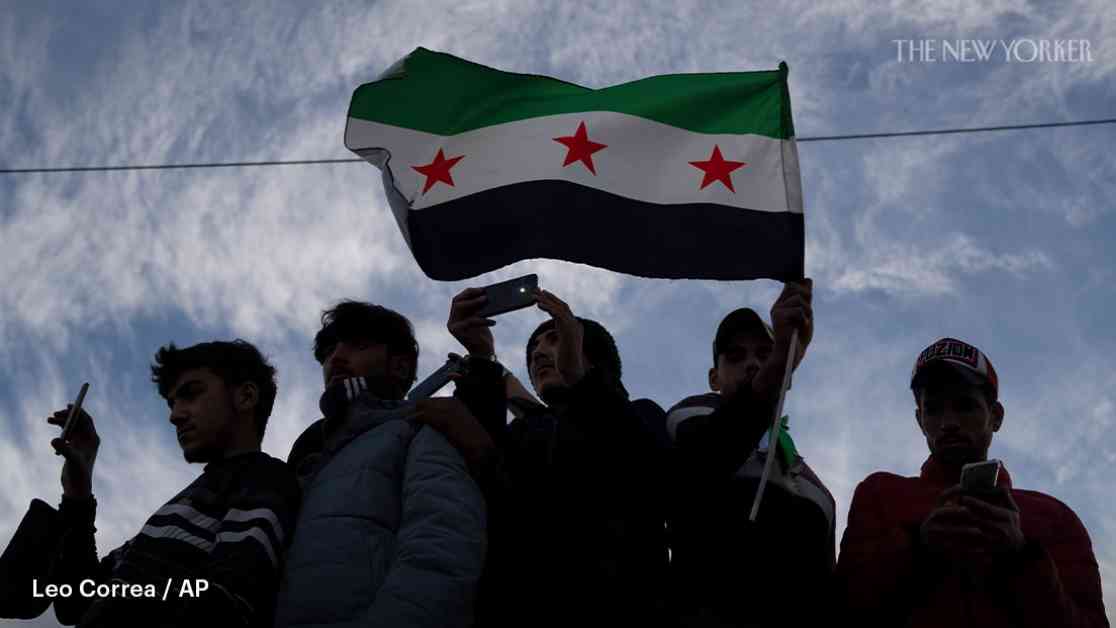The Future of Syria Post-Assad: Challenges and Opportunities
The world watched in shock as the government of President Bashar al-Assad crumbled, leaving Syria in a state of uncertainty and chaos. The Iranian foreign minister, Abbas Araghchi, met with envoys from various nations in Doha on December 7th to discuss the future of Syria as rebels closed in on Damascus. By dawn, Assad had fled to Russia, leaving behind a nation torn apart by decades of conflict and oppression.
Struggles for Power and Stability
The scramble to define the future of Syria is now in full swing, with various factions vying for control and power. The U.N. special envoy for Syria, Geir O. Pedersen, warned of the dangers of ethnic and political rivalries sparking a new, even more divisive war. With diverse political and ethnic groups staking their claim to territory, the region is teetering on the edge of further instability.
The Rise of H.T.S. and Uncertain Alliances
Leader of Hay’at Tahrir al-Sham, Abu Mohammed al-Jolani, has emerged as a key figure in the post-Assad era, promising a different path than the one that led to civil war in Iraq. The U.S. still has a bounty on his head, and concerns remain about the true intentions of his group. As global players navigate the shifting landscape, alliances are uncertain, and the potential for further conflict looms large.
International Responses and Regional Tensions
Countries like Turkey, Iran, and Russia find themselves on opposing sides of the conflict, with Turkey emerging as a key player in the region. The Biden Administration has expressed readiness to recognize a new government if it meets certain criteria, but the true extent of foreign influence in Damascus remains unclear. As tensions escalate between various factions, the future of Syria hangs in the balance.
A Call for Stability Amidst Chaos
As Syria faces a critical juncture in its history, the need for stability and unity has never been greater. With millions displaced and the economy in shambles, the road ahead is fraught with challenges. As the international community grapples with how to support Syria in its transition, the people of Syria are left wondering what the future holds.
In the midst of political maneuvering and power struggles, the human cost of the conflict cannot be forgotten. Behind the headlines and diplomatic negotiations are real people whose lives have been upended by years of violence and oppression. As the world watches the future of Syria unfold, it is essential to remember the human stories at the heart of this crisis.












